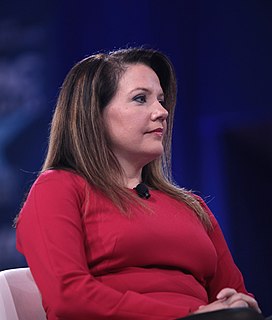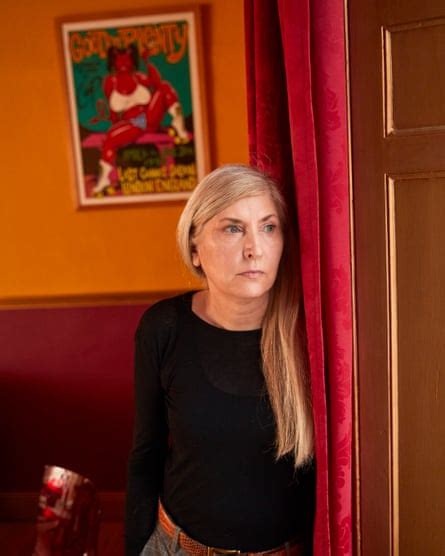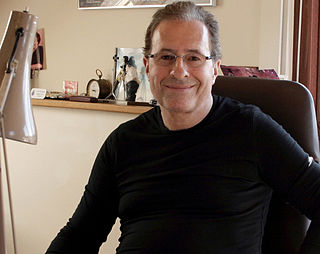A Quote by Molly Crabapple
A lot of things sound neutral, but they're not. A typical example would involve police violence. It's usually forbidden to call police "murderers," even if they're convicted of murder. People will say that it sounds hysterical and unobjective.
Related Quotes
Many White people are not sensitive to the kind of abuse that African Americans, especially younger African Americans, receive at the hands of police officers and police departments. I think for most Whites their experience with the police has been good or neutral because they don't interact with the police as much as those in the Black community.
There are times when I wouldn't rule violence out. I personally don't like violence at all. But it wasn't until we had the Trafalgar Square riots that the Poll Tax went out in Britain. When people take to the streets and fight the police, it's the one thing the government can't control. You can march round in circles for the rest of your life and they can ignore it, but once you start damaging property and fighting with the police, they can't. Even though they tar you with a brush and say you're a set of bastards, they have to actually tone down what they are doing.
The murder clearance rate now in my city Baltimore is almost non-existent. Nobody can solve a murder, nobody can do any actual police work, because they've learned how to do bad police work, chase drugs. Fighting vice, while being unable to respond to sin. Generations of cops have learned how not to police work by policing the drug war. Not only are they police brutal, they're ineffective. Baltimore is more violent than it has ever been in modern history.
Violence never really deals with the basic evil of the situation. Violence may murder the murderer, but it doesn’t murder murder. Violence may murder the liar, but it doesn’t murder lie; it doesn’t establish truth. Violence may even murder the dishonest man, but it doesn’t murder dishonesty. Violence may go to the point of murdering the hater, but it doesn’t murder hate. It may increase hate. It is always a descending spiral leading nowhere. This is the ultimate weakness of violence: It multiplies evil and violence in the universe. It doesn’t solve any problems.
Police departments across the nation must develop nonviolent 'rules of engagement,' so that they don't reflexively respond to suspected crimes with violence. This will require more in-depth training in the behavioral psychology of conflict resolution so police have tried-and-true techniques of preventing and de-escalating violence.
When we use the term pig, for example, we are referring to the people who systematically violate the peoples' constitutional rights - whether they be monopoly capitalists or police. The term is now being adopted by radicals, hippies, and minority peoples. Even the workers, when the pigs supported strike-breakers like they did as Union Oil where 100 local police came in a cracked strikers' heads, began to call them by their true name.
I think you can blame certain police officers for certain behavior, you can blame certain departments for certain behavior, and power and so forth, but, ultimately, I'd say it's about us, and it's about society, and I say - even if its sounds a little controversial - put the police aside for a second. It's really not about them. It's about the game that's been created to keep the status quo going and to let the people who own it all gain from the game.
Some police forces would believe anything. Not the Metropolitan police, though. The Met was the hardest, most cynically pragmatic, most stubbornly down-to-earth police force in Britain. It would take a lot to faze a copper from the Met. It would take, for example, a huge, battered car that was nothing more nor less than a fireball, a blazing, roaring, twisted metal lemon from Hell, driven by a grinning lunatic in sunglasses, sitting amid the flames, trailing thick black smoke, coming straight at them through the lashing rain and wind at eighty miles an hour.That would do it every time.







































